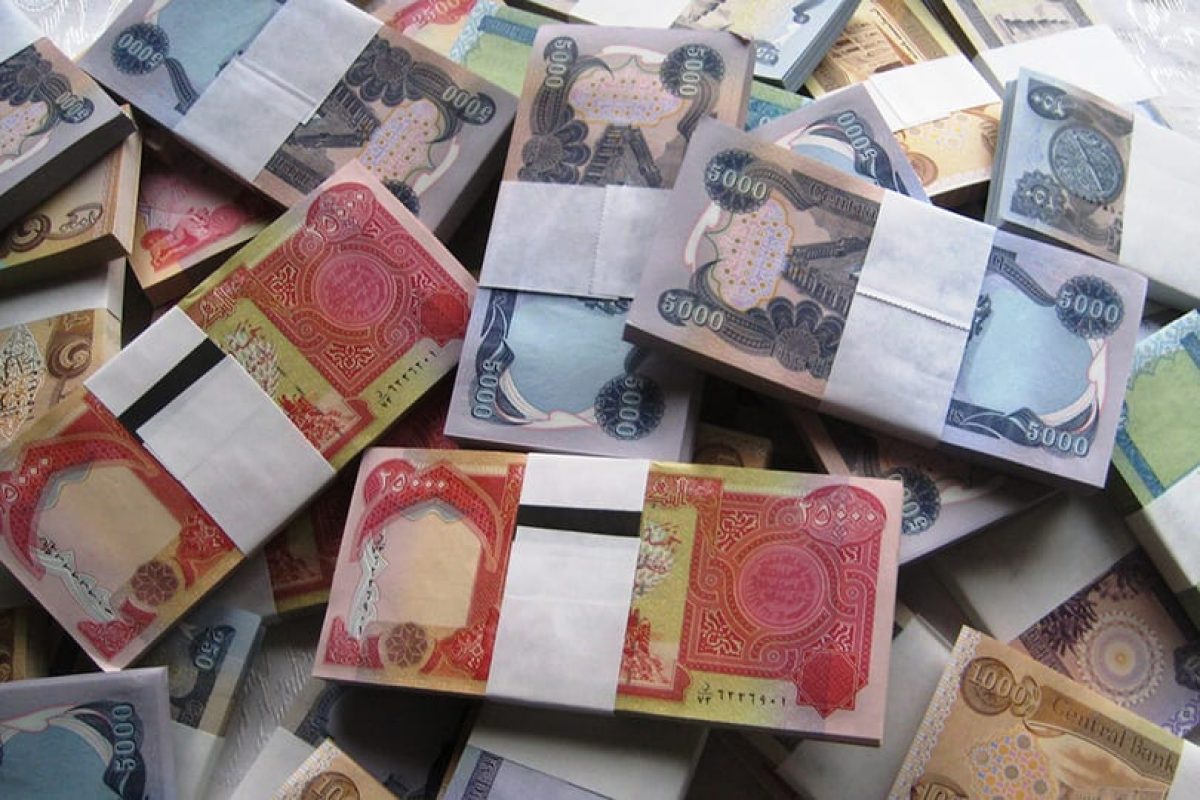
Author: Dr. Firas Hussain Al-saffar
Center for strategic studies/ Crisis management Department
Translated by: Hiba A. Mohammed Ali
Reviewed by: Lecturer. Hussain B. Abdulameer
Iraq is suffering from a severe financial crisis due to oil prices fell to levels below $30, disrupting the local economy by the three-month government measures to curb the spread of coronavirus, as well as the failure to approve the budget law of 2020 due to the complicated political situation after the wave of October demonstrations and the resignation of Adel Abdel-Mahdi government.
Despite the formation of a new government headed by Mustafa Al-Kazemi, the 2020 general budget has not been discussed so far to be sent to the parliament for voting because of the financial deficit as a result of depending on Oil price at 56 dollar per barrel and oil export rate close to 3800000 barrels per day in the draft that prepared by Abdul-mahdi government, accounting to OPEC agreement, since May Iraq should reduce the export quantity volume by about one million barrels per day, which means that the general budget will be difficult to be approved under the size of the public expenditure.
Oil market changes deepened the sense of danger that double crisis in public finance and the balance of payments in Iraq. Especially with the possibility of oil prices may be still lower than 40 dollar next few months as well as difficulty of imports and demands for foreign currency.
In a rentier economy, such as the economy of Iraq, where oil resources dominate nearly 60% of GDP, this contribution rises to approximately 92% of the general budget resources and 99% of the reserves of the Central Bank of Iraq and the government reserves in foreign currency. We must know the relationship between foreign currency and salaries, and whether there is a direct relationship between both of them, or is it indirect, and to clarify that, It will display the mechanics work on the management of the central bank’s foreign currency due to the laws that prohibit dealing and possession in ministries and public bodies other than the central bank.
Conclusion
– In iraq foreign currency affected by oil resources revenues that depends on crude oil price and quantity as well as foreign borrowing
– Operational and investment expenditure effect on demands foreign currency and loans.
– The official and parallel exchange rate define the relationship between demand and supply of the foreign currency, the Central Bank of Iraq is the main controller, after that, the government bank and its financial advisor.
– Foreign-currency reserves rise when the central bank gets more money in its currency auction and fall when the opposite happens.
– There is no direct relation between foreign borrowing and employee’s compensation, rather, there is indirect relation related with demand and supply of the foreign currency. after employees’ compensation, the bulk of the operating expenses of the general budget.
– Iraq needs short, medium, and long-term solutions to change the local economy situation through decreasing budget deficits, reduce inflation rates through financial and monetary Policy to rebalance economy in total level.


























































